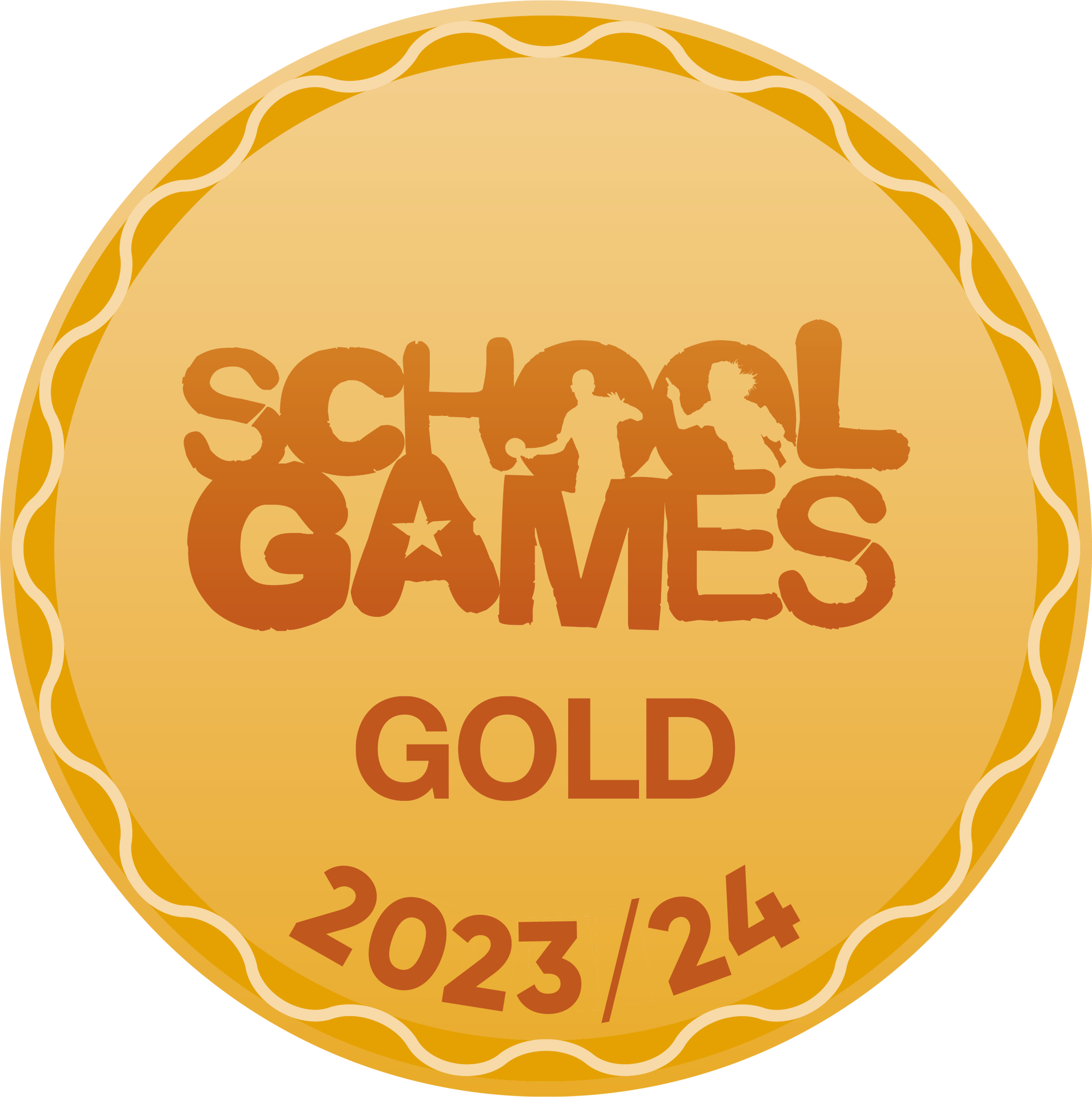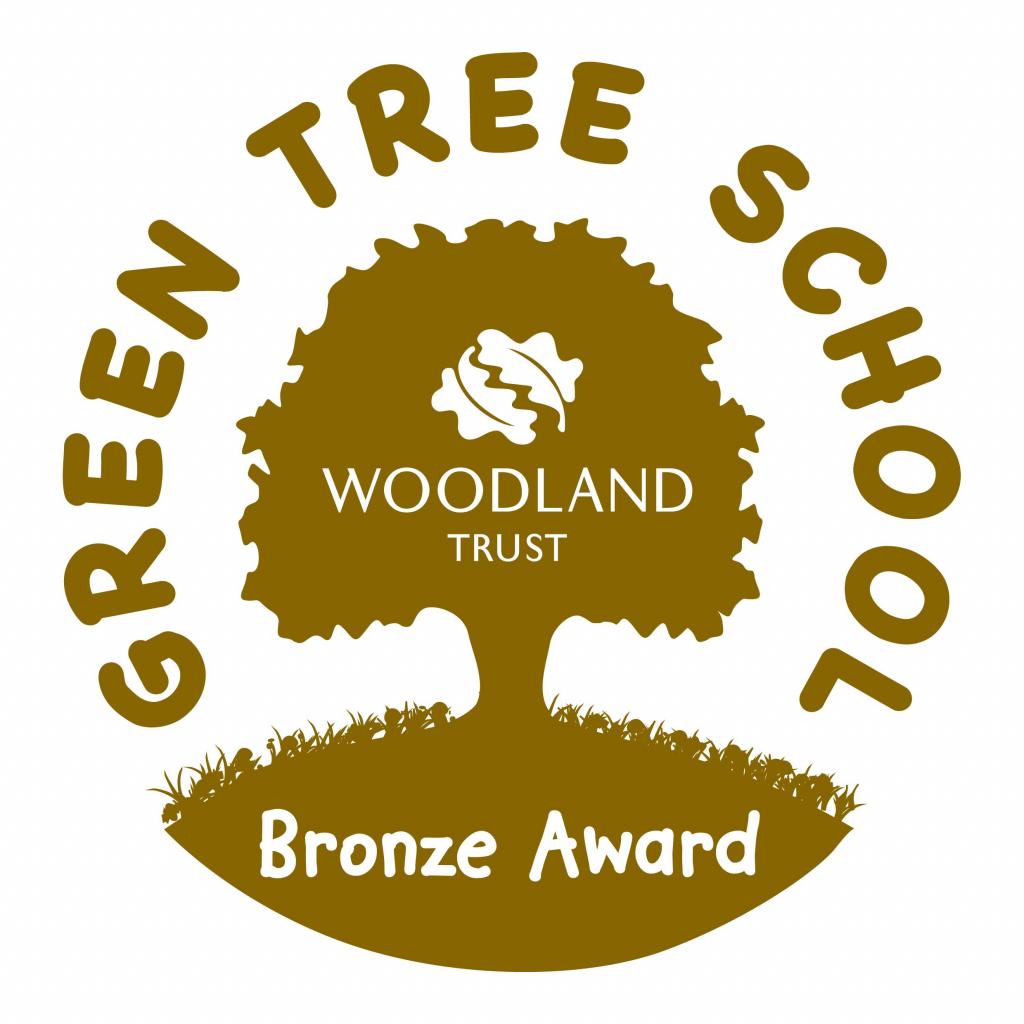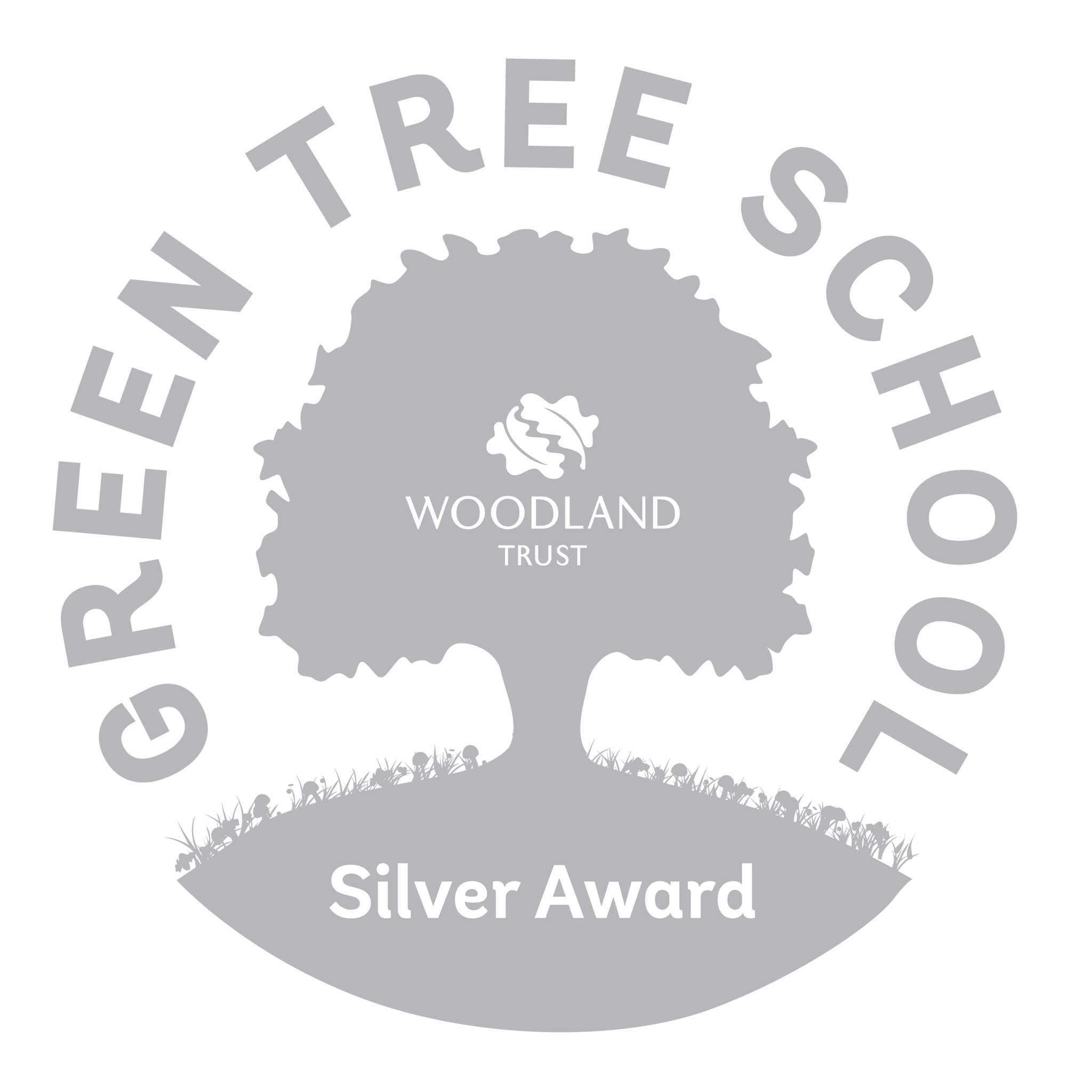
British Values at
Thornton -in- Craven Primary School
At Thornton -in- Craven Primary School, we actively promote the British Values of Mutual Respect, Democracy, Rule of Law, Tolerance and Individual Liberty and Responsibility.
We recognise the diversity within our society and ensure that British Values are embedded within our curriculum using our four curriculum drivers which have been devised in order to meet the needs of our school community. Within every curriculum topic, children’s learning will focus on each of these drivers:
- Fresh experiences
- Our place in the world
- Equality and diversity
- Possibilities
We promote British Values in many ways throughout the daily life of our school. In addition to classroom activities, each week our Picture News assembly focuses on a key British Value, reflecting events happening in the wider world and giving children the opportunity to debate these matters in an age-appropriate way.
Mutual Respect
- Pupils work in teams and in different groupings across the curriculum, showing respect for other pupils’ opinions during class discussions, assemblies, sporting events and concerts.
- School rules reinforce mutual respect and children know that our school motto is ‘learning through courtesy, kindness and respect’. There is a weekly award during our celebration assembly for a child who shows this.
- All members of the school community treat each other with respect and model this behaviour with colleagues and pupils. Children are encouraged to turn-take, share, negotiate and collaborate.
- Each year, children take part in Anti-Bullying Week to understand how to recognise and stop bullying behaviour.
- Children participate in charity events throughout the year including Comic Relief, Sports Relief and NSPCC Numbers today.
Democracy
- Our School Council promotes the democratic process – pupils nominate and vote for their representatives within the School Council. The School Council meets regularly, and their ideas and suggestions are listened to and considered carefully. Many of their decisions have a positive impact on the life of our school and the local and wider community.
- Our marking policy encourages feedback enabling pupils to respond to and influence the learning process.
- Children create and adhere to class rules.
- Pupils and parents are surveyed regularly, and the results of those surveys inform aspects of the School Development Plan.
- Children are encouraged to voice their opinions in formal and informal ways (suggestion boxes, questionnaires, subject-based pupil voice and PSHE sessions)
- School visits promote the understanding of democracy such as Year 6 visiting the local Magistrates court to take part in a mock court session about Cyber -Bullying.
Rule of Law
- We have clear rules and expectations of behaviour which are adhered to by all pupils, staff and other stakeholders. There is a system of rewards and sanctions across the school which all children understand.
- Each class has a class set of rules created by and signed by the pupils at the start of each academic year. The children discuss and understand the reasons why these rules are important.
- Visits from emergency services such as the police and local health and safety officers, including from the RNLI and the Canals and Rivers Trust, reinforce the rule of law and the reasoning/purpose behind them and the consequences when laws are broken.
- Attendance and punctuality are good, and all children and staff are aware of the importance of being at school. Weekly class certificates for attendance are awarded in assembly. Regular attendance is recognised and rewarded weekly and at the end of each half term.
- Pupils follow, respect and understand the need for different rules in different situations, i.e., PE lessons, school visits, classrooms and the playground. In older classes, children contribute towards writing the risk assessments for school visits.
- Pupils are awarded weekly Star of the Week certificates in recognition of their learning behaviours.
- The school supports pupils in regulating their own behaviour to make choices for the well-being of themselves and other using strategies such as the Zones of Regulation which are used throughout school.
Individual Liberty and Responsibility
- Children are provided with boundaries which encourage them to make choices safely.
- Pupils are encouraged to respectfully express their views and beliefs
- Pupils have the opportunity, and are encouraged, to take part in a broad range of extra-curricular activities.
- Children develop a sense of personal responsibility by undertaking jobs around the school such as play leaders, reading buddies and dinner time monitors.
- Pupils are encouraged to know, understand and exercise their rights and personal freedoms and advised how to exercise these safely, for example, through our PHSE and E-Safety lessons.
- Children learn about the world of work through visits and visitors and are taught how to manage their money in PHSE lessons.
- Pupils know who to speak to if they are worried or concerned about themselves or others, e.g., Learning Mentors, teachers, teaching assistants and dinner staff.
- Children are taught how to look after the environment such as by picking up litter and reducing the use of plastics.
Tolerance
- Our RE and PSHE curriculum provides children with a broad and balanced understanding of world religions and promotes respect for the beliefs of others.
- Children are taught to challenge gender, race and cultural discrimination through PHSE and the wider curriculum. Our school councillors took part in training from Barnardo's on LGBT awareness.
- Children learn about prejudice through the stories of famous people such as Mary Seacole and Nelson Mandela and events in history such as Empires and Slavery and the Holocaust.
- We provide resources to ensure that all pupils are effectively integrated into the teaching and learning process and the wider school community, including those that join at different starting points and those who have English as an additional language.
- Children are taught from a young age that families can look different from one home to the next.
- Children visit places of worship that are important to different faiths.



.jpg)
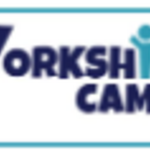






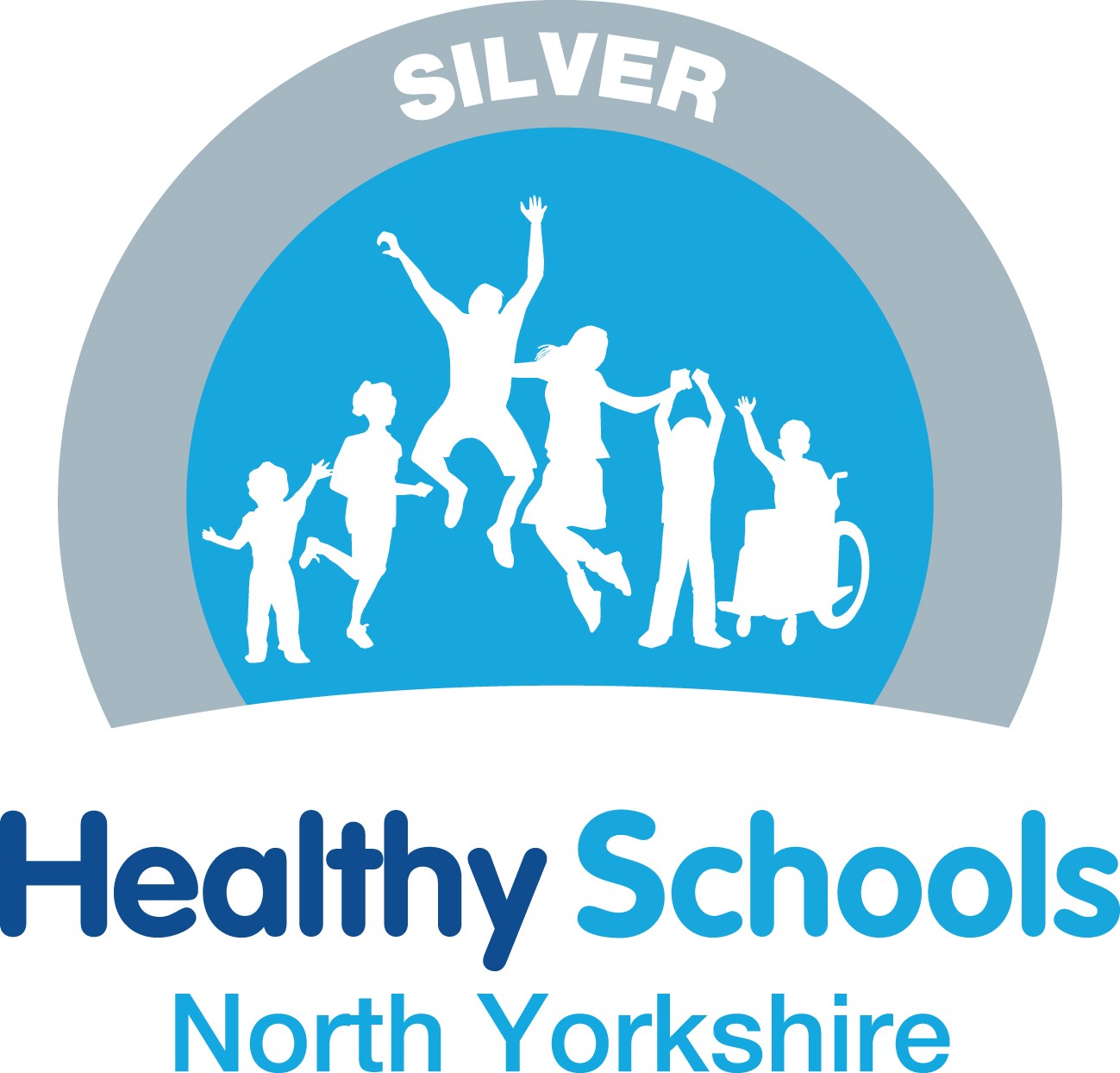
.png)
